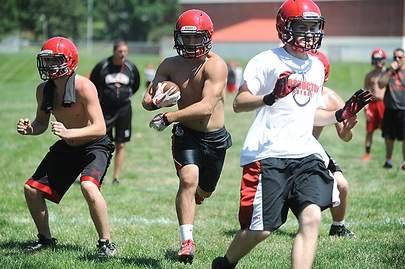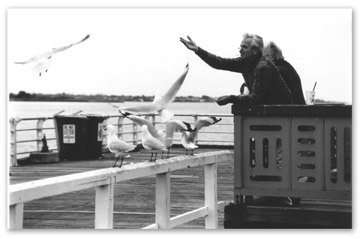
My wife Kathie is beautiful. She’s the most photogenic person in the world. But there was a time when she was especially beautiful. At our wedding? After she got her hair done? In a new outfit? She was beautiful at all those occasions, but that’s not the one I’m thinking of.
The one time that Kathie was most beautiful was when she was pregnant. She literally sparkled. In fact, Kathie has said that she even felt better when she was pregnant.
The human body is amazing. Instead of collapsing from the burden of child-bearing, God designed a woman’s body to actually benefit from it. While most things in this world wear-out and weaken under load, our bodies get stronger when they are put under a load.
The worse thing you can do to your body is nothing.
In the same way your physical body was designed by God to be used, your spirit was designed to be exercised—to carry weight. There is such a thing as a spiritual burden that God not only wants us to carry, but has made carrying it something that is good and necessary for us.
Paul knew about this kind of burden.
“My heart is filled with bitter sorrow and unending grief for my people, my Jewish brothers and sisters. I would be willing to be forever cursed—cut off from Christ!—if that would save them.” (Ro 9:2-3, NLT)
He was so burdened spiritually for the souls of his fellow Jews that he was willing to give up his own salvation for theirs. What a burden! But how could that be beneficial? Great question. And there’s a great answer found where we started.
Even though Kathie may have looked better and felt better while she was pregnant, there was a whole lot of pain involved. Spiritual burdens are the same, it’s good for us to have them, but there is pain. But like the birth of our children, spiritual burdens give way to spiritual birth, and even though we may not forget the pain, the outcome of the birth was worth it all.







